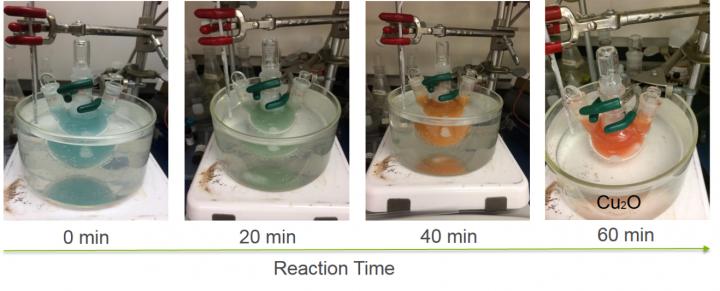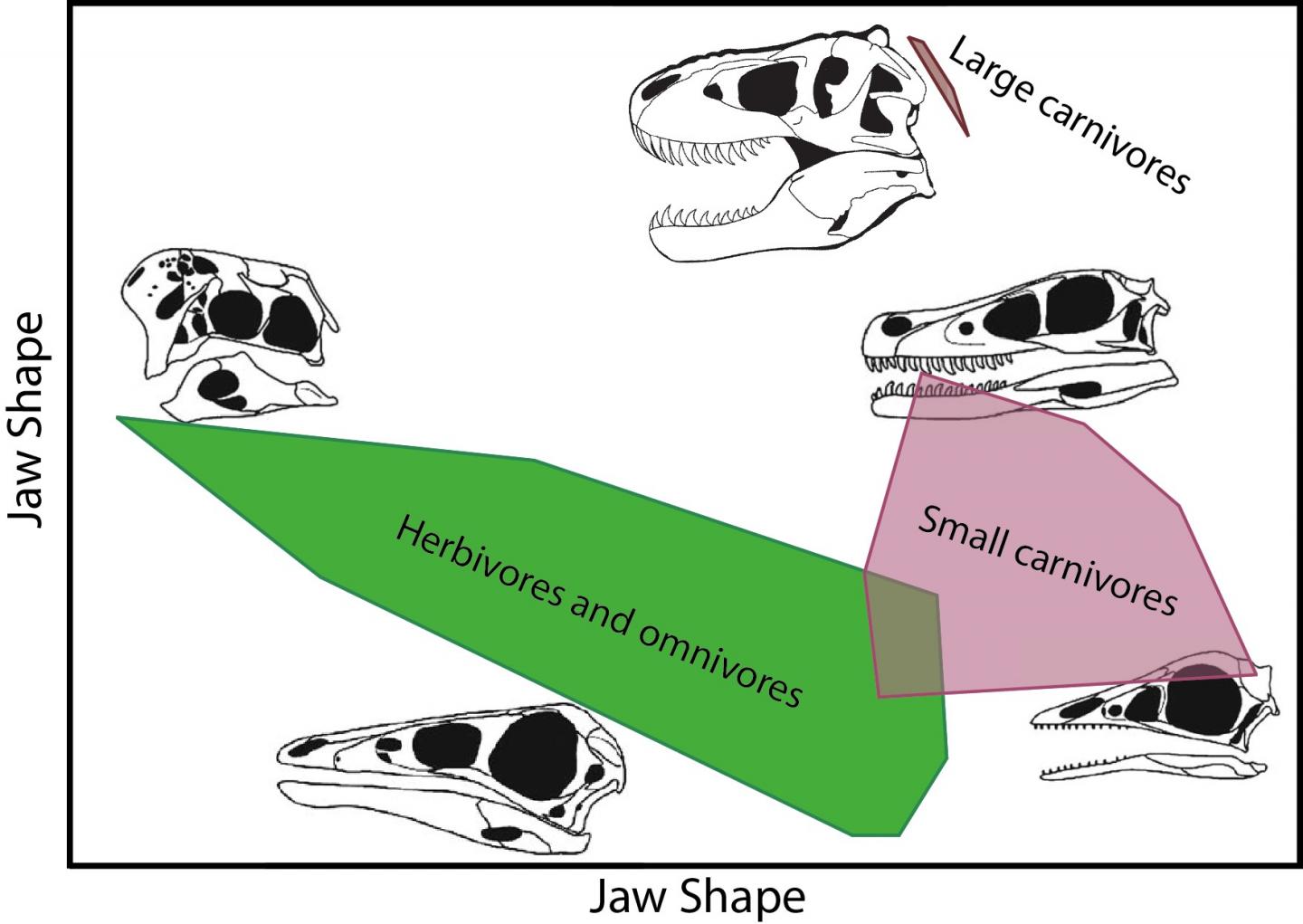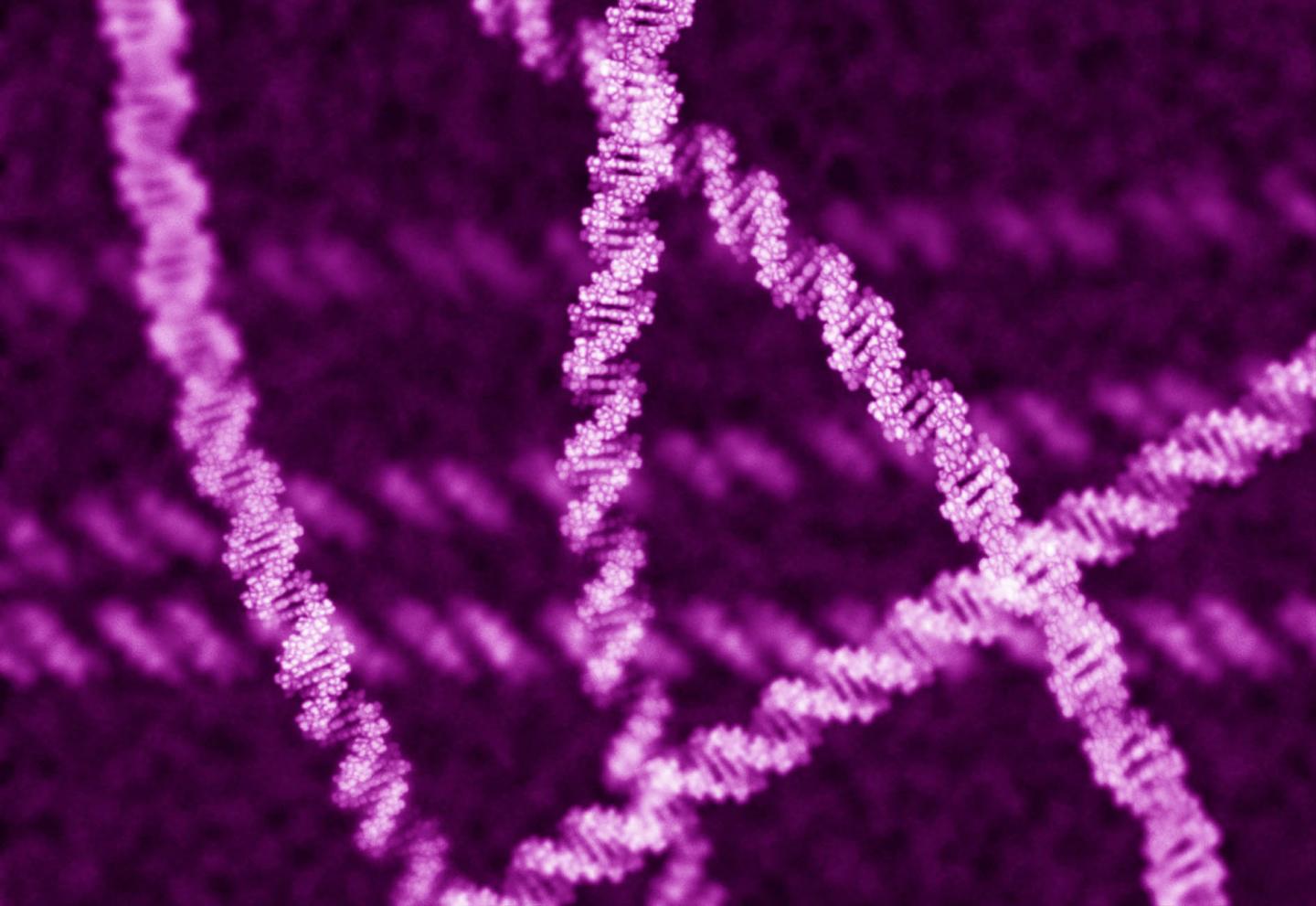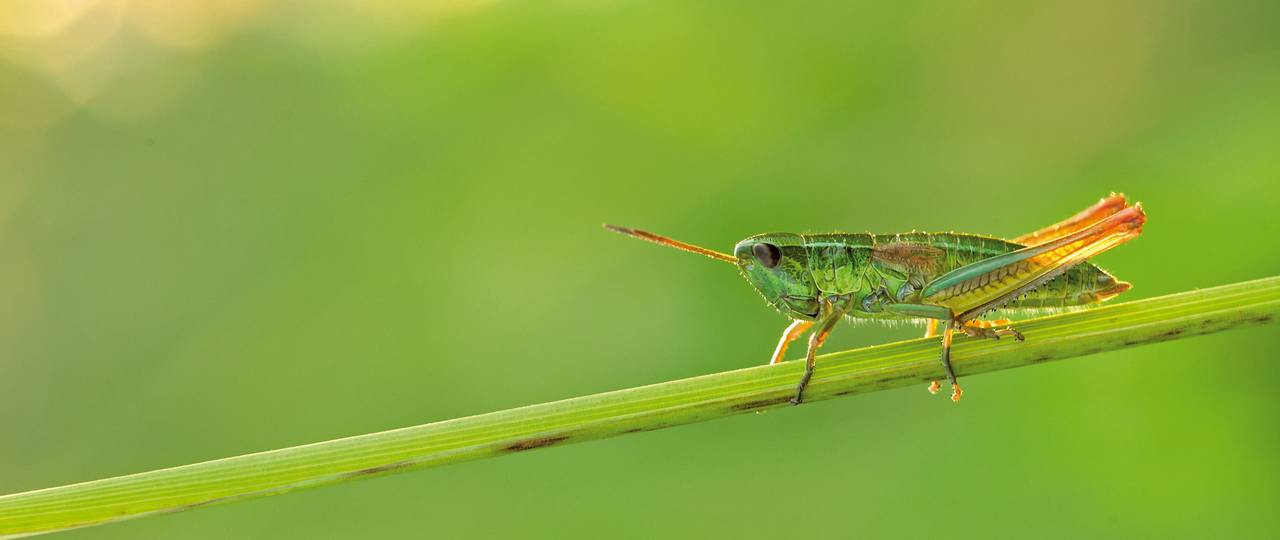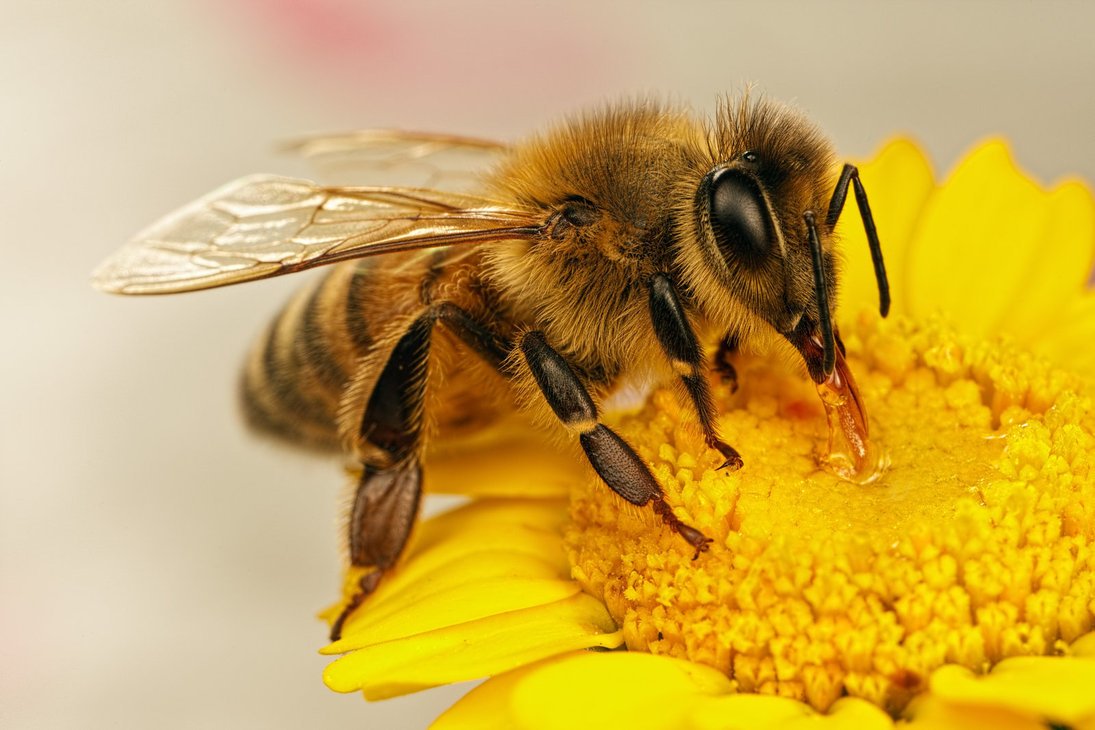Scientists create ‘artificial leaf’ that turns carbon into fuel
Scientists have created an “artificial leaf” to fight climate change by inexpensively converting harmful carbon dioxide (CO2) into a useful alternative fuel. The new technology, outlined in a paper published today in the journal Nature Energy, was inspired by the way plants use energy from sunlight to turn carbon dioxide into food. “We call it an … Read more
